8 Ways to Stop Water Hammer (Noisy Water Pipes)
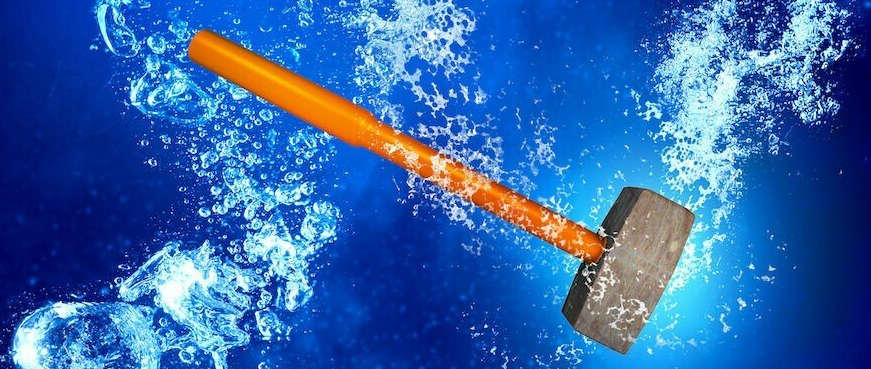
When someone’s in the shower, or they’re watering the garden with a hose, do you pay much attention to the noise your pipes are making? Answer: Probably not! You may hear a gentle whooshing, but otherwise, it should be all quiet on the western front. No gushing, no whistling, and no water hammer.
So if you’ve just turned off a tap only to be met with a shuddering BANG that almost made you drop in fright the cup of coffee you just made, what on *earth* is going on? That loud noise you just heard is called water hammer.
What causes water hammer?
Normally, you’ll hear this banging – or hammering – when you turn off a tap or water appliance, especially if your home or pipes are getting old. All that water was happily cruising along your pipes at speed, doing its thing, when suddenly it had nowhere to go. What causes water hammer is the water changing direction, clashing against the walls of the pipes or the closed valve, or causing the pipes themselves to crash against one another.
Now, you’ve probably looked up this article because you want to know how to stop water hammer – and we don’t blame you. In your precious house, noises that deserve the title of ‘hammer’ are definitely not what you want to hear.
And your instinct is correct because a water hammer fix is going to be necessary to look after your pipes and prevent what could become damaged, loosened joints, leaking taps or even devastating water damage from a burst pipe.
So while the most common water hammer occurs when a valve is suddenly shut off, you may even hear a series of hammer-blows or bangs when the water pressure in your pipes increases.
How to stop water hammer
If you’ve been putting up with water hammer for years, dismissing it as just the quirky personality of your beloved old home, then here’s some crucial advice for you: Don’t ignore water hammer! While you may get away with it for days, weeks and even years, eventually all that clanging, banging and hammering will have fairly predictable results (ie a plumbing emergency from hell).
So let’s get into 8 water hammer solutions and show you how to fix water hammer in your home.
1. Is air pockets the problem?
Another issue that can cause a similar banging sound is actually air pockets in your pipes. If the noise starts just as you turn those taps on, then air pockets are probably the culprit. So this water hammer fix involves starting from the taps nearest the meter, and turn them all on one by one. Then turn them all off, in reverse order. This can potentially release air pockets in your pipes.
2. Close valves half-way
It’s not really a long term solution to water hammer problems, but it’s worth a try before it’s properly fixed. Water hammer is typically caused by washing machines and dishwashers because the shut-off valves close very quickly. So try turning these intake valves on only half-way.
3. Replace intake connections
For these same problematic appliances, it may be possible to swap the hoses for the intake connections with wider ones.
4. Install water hammer arresters
These cool little gadgets, which can be bought from any good hardware store, are installed at the cold water outlet. They can solve water hammer where you have multiple appliances connected to the same taps.
5. Secure the pipe
If you can locate the noisy water pipe that is always the main water hammer culprit, see if you can access it, check if it’s loose, and try securing it.
6. Install pressure limiting valve
If the high water pressure is causing your problem, your friendly residential plumber can install a pressure limiting valve on the water metre.
7. Install different taps
Often, water hammer is caused by these new, modern mixer taps that shut off the water instantly with a single flick. Replacing them with soft-close taps can solve the problem.
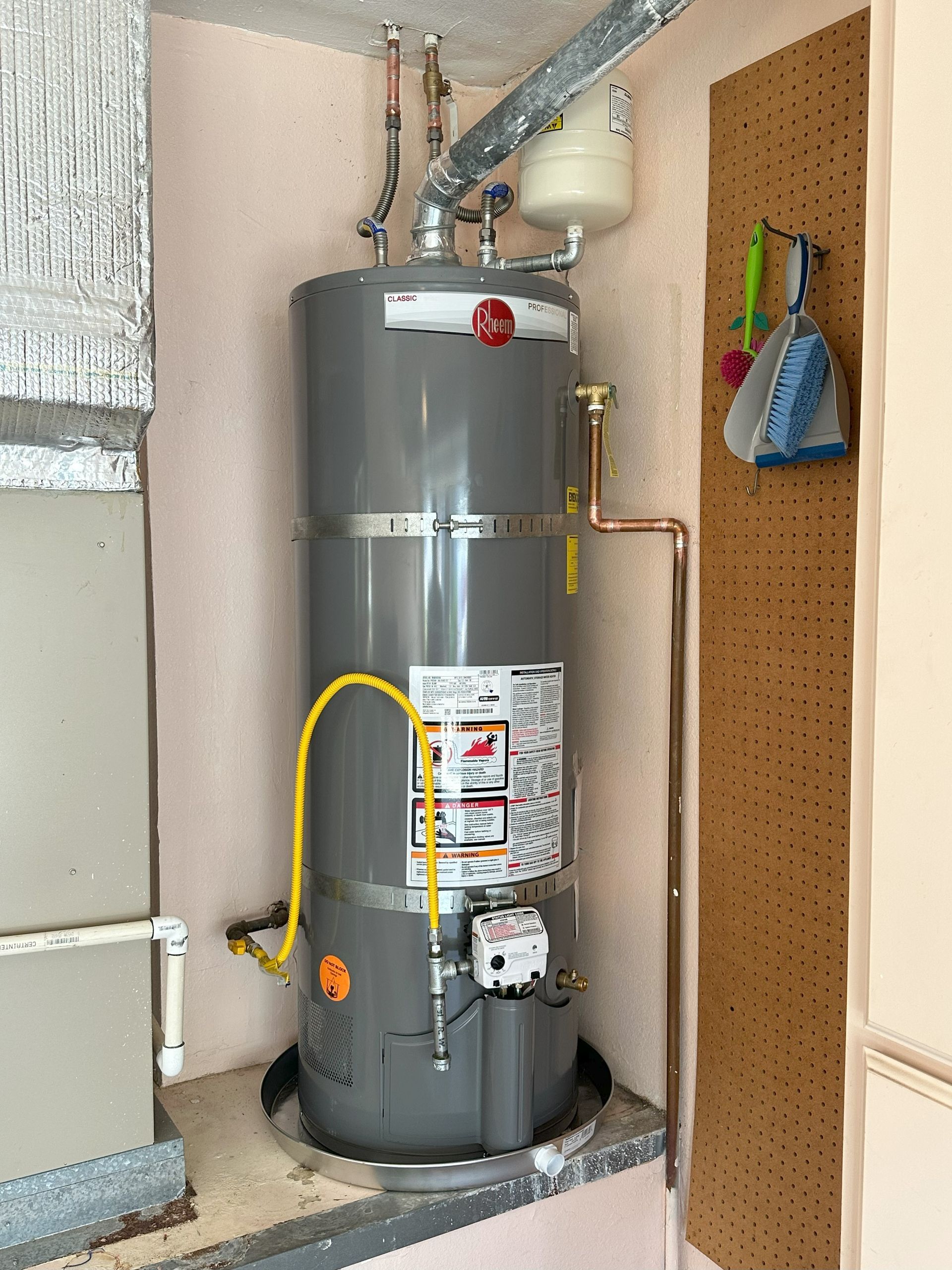
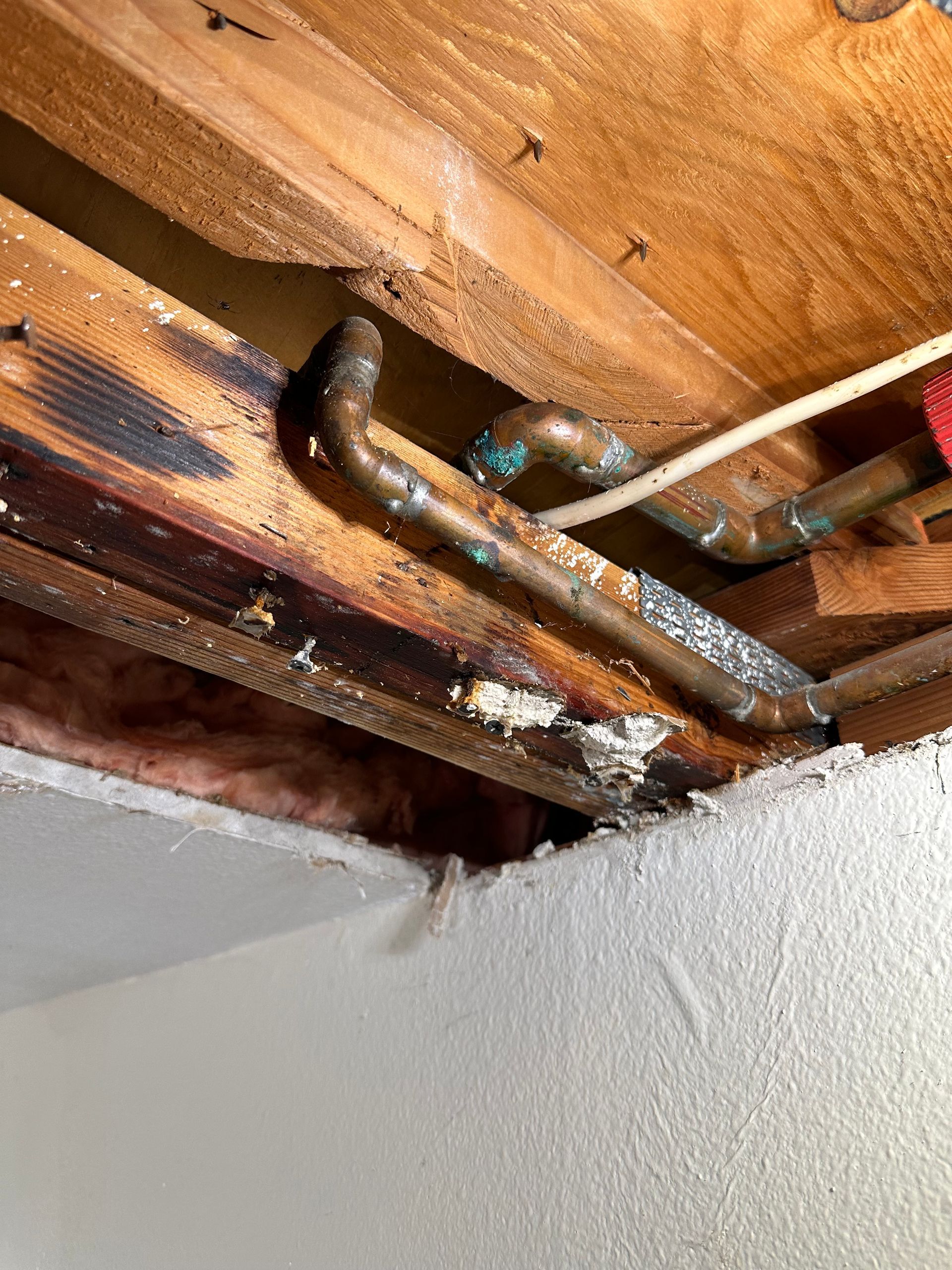
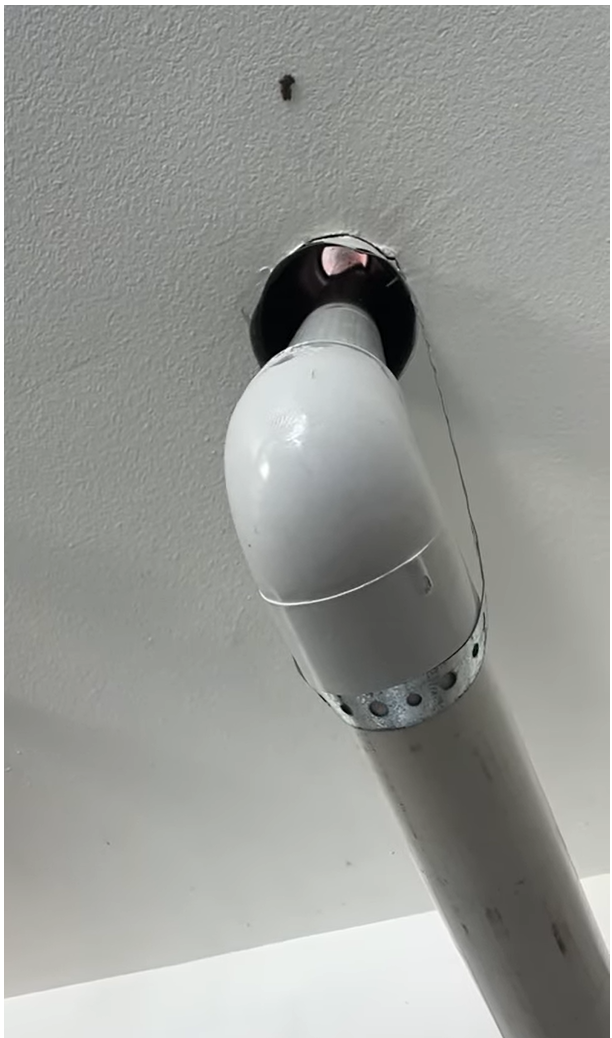
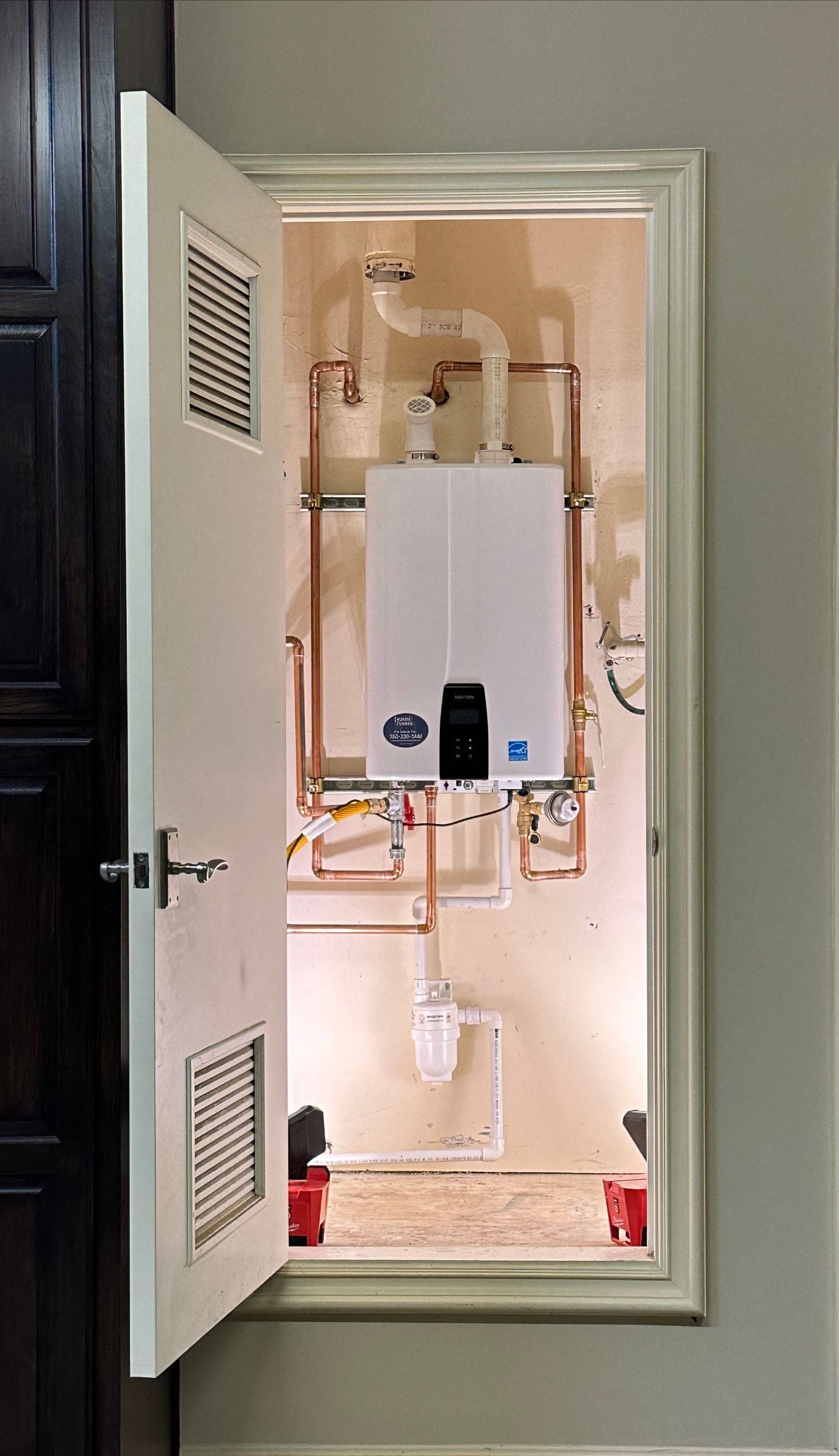

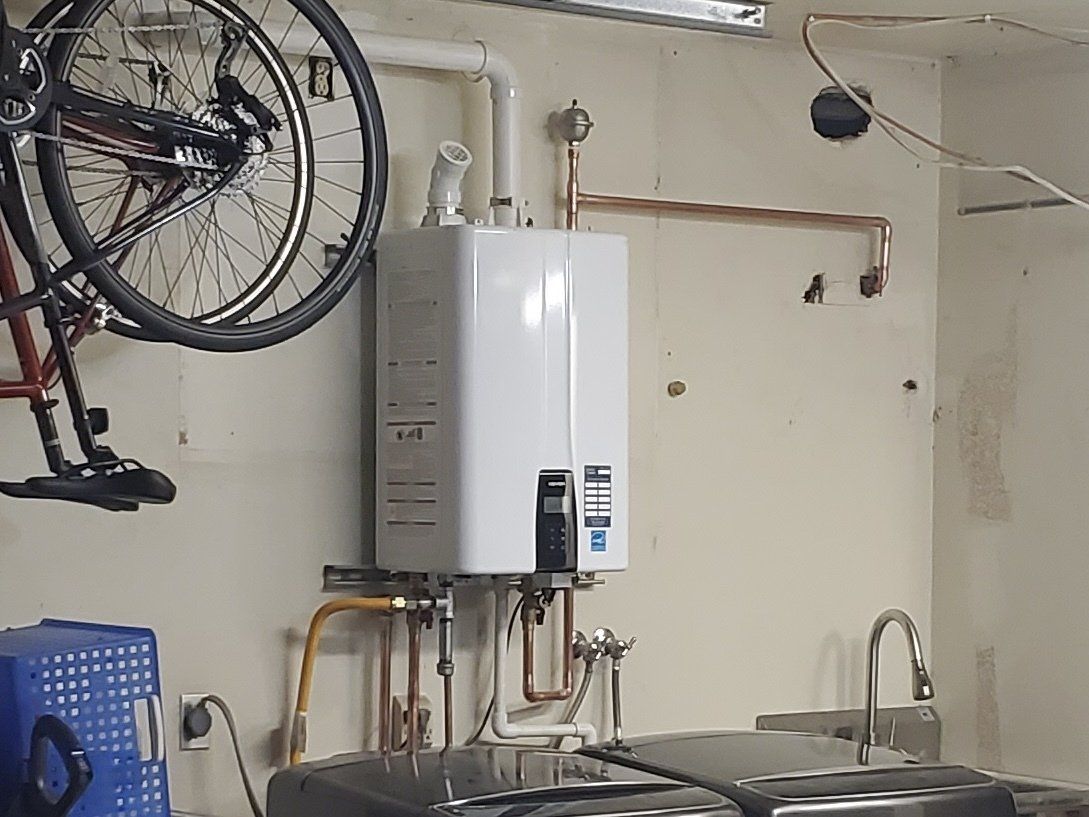
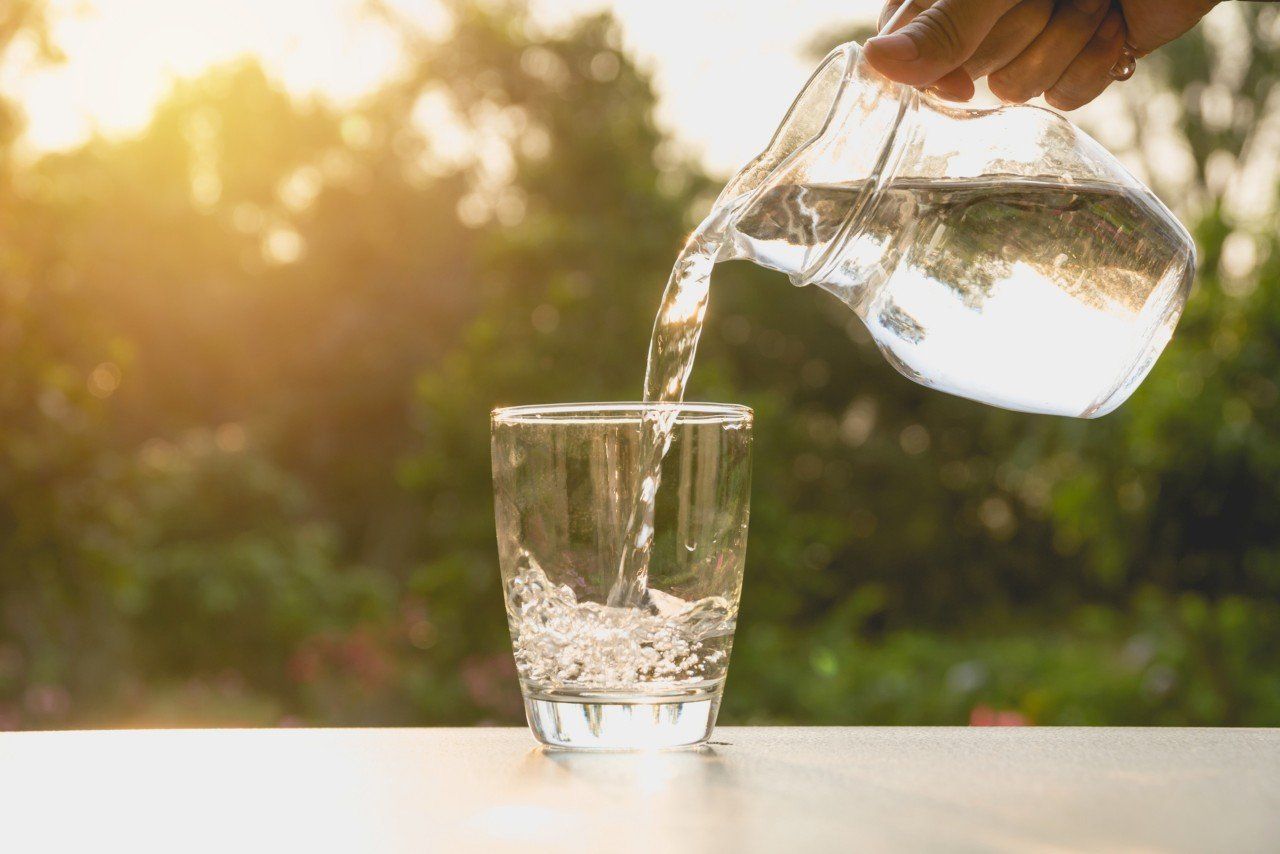
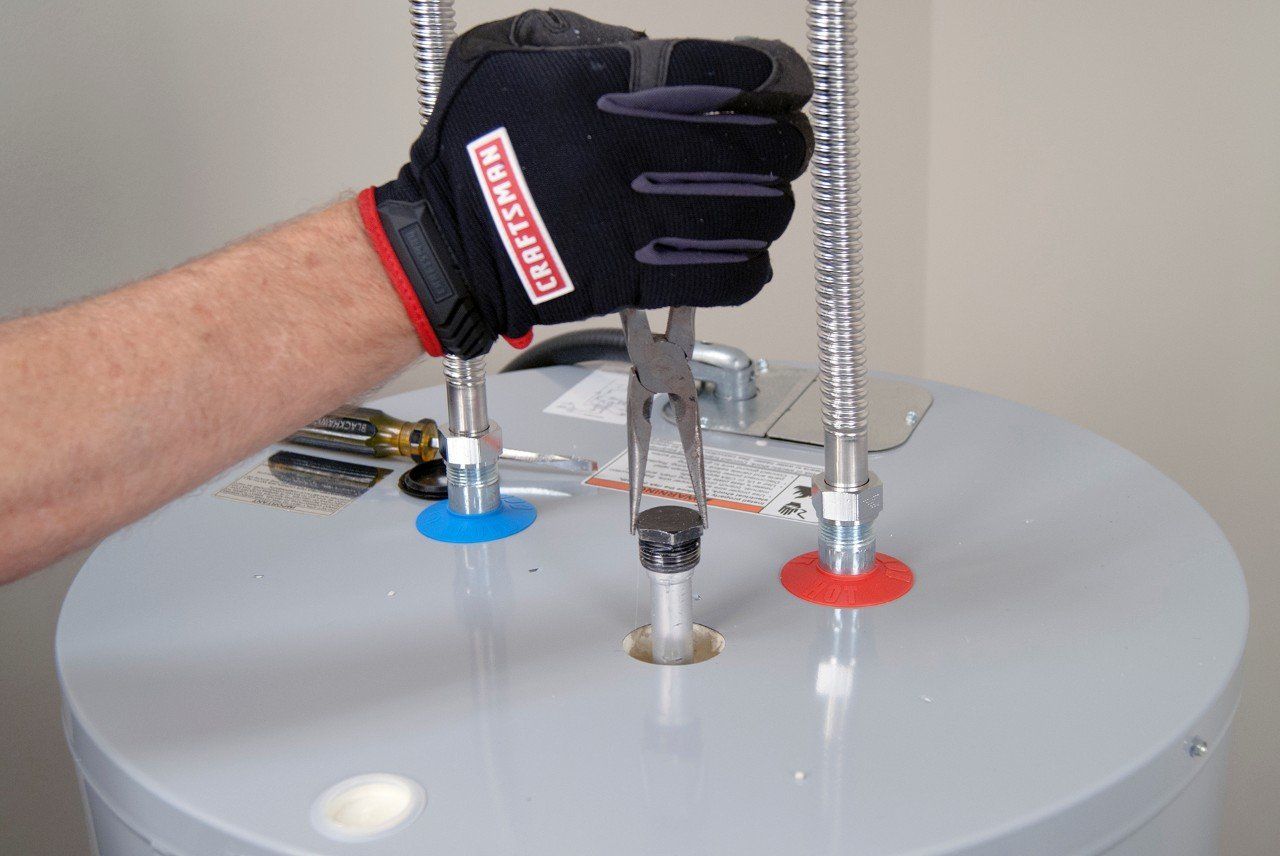
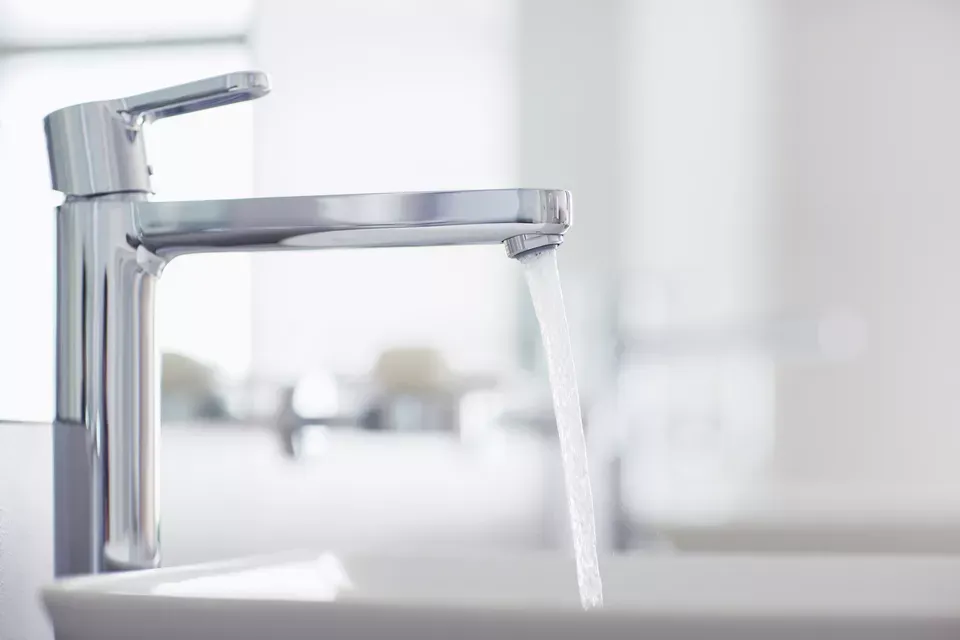
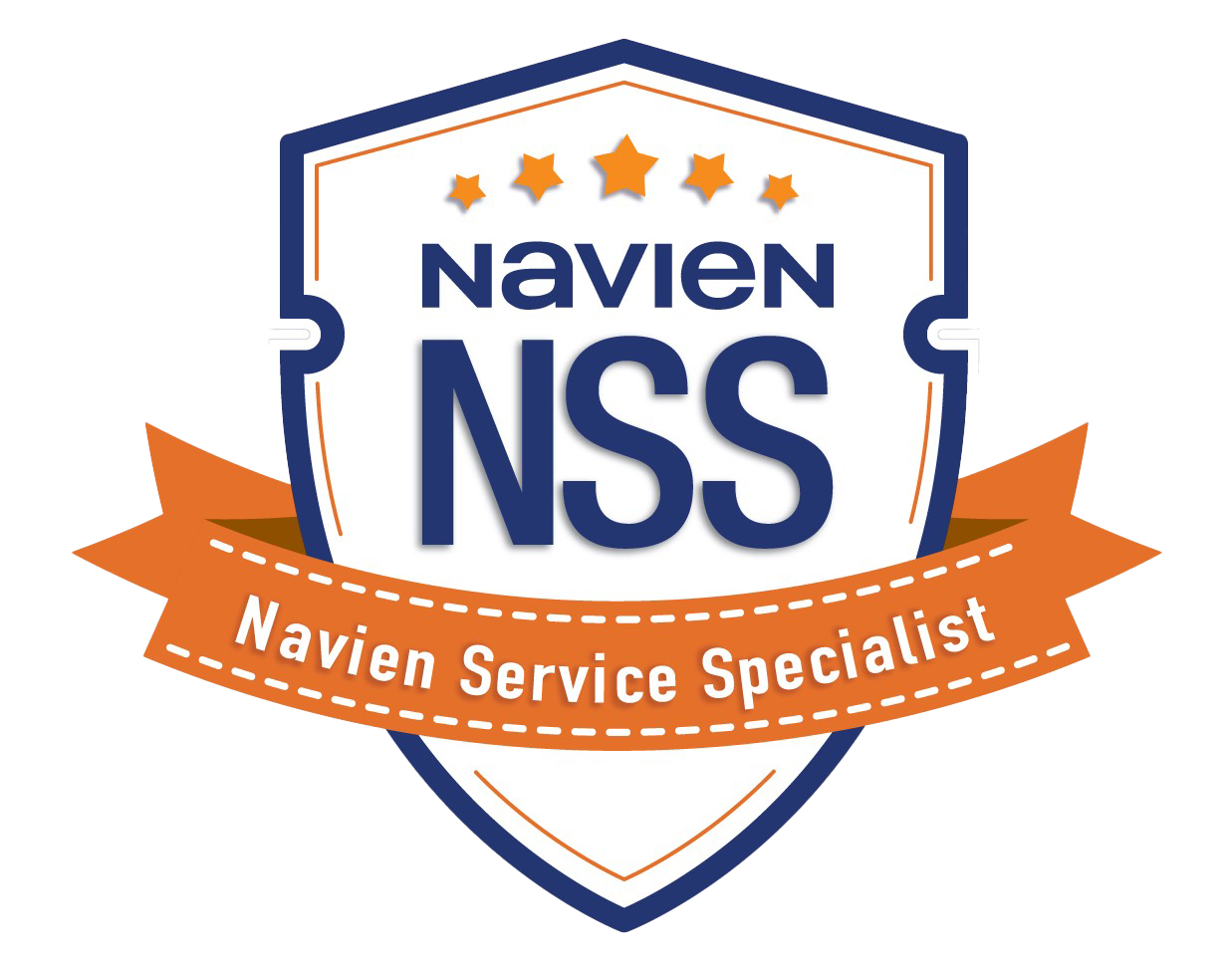
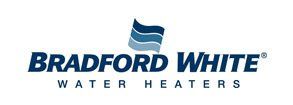

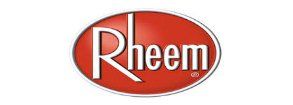







Share On: